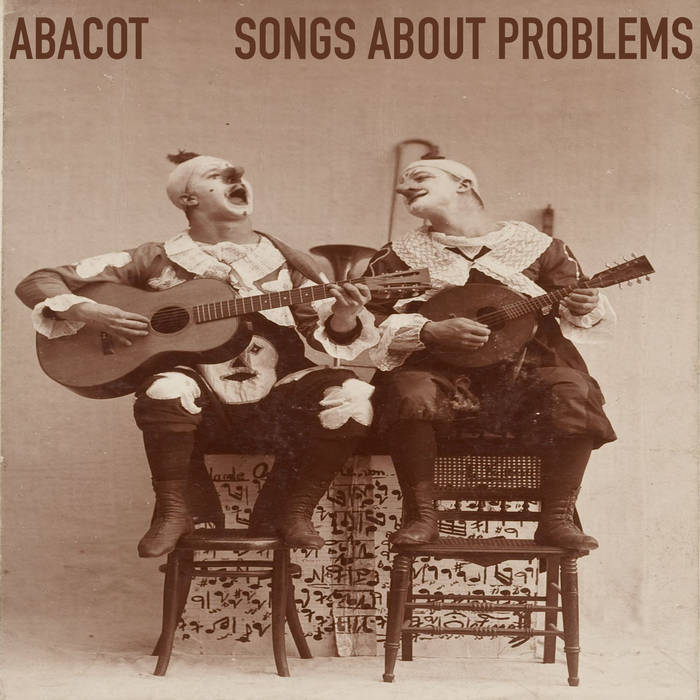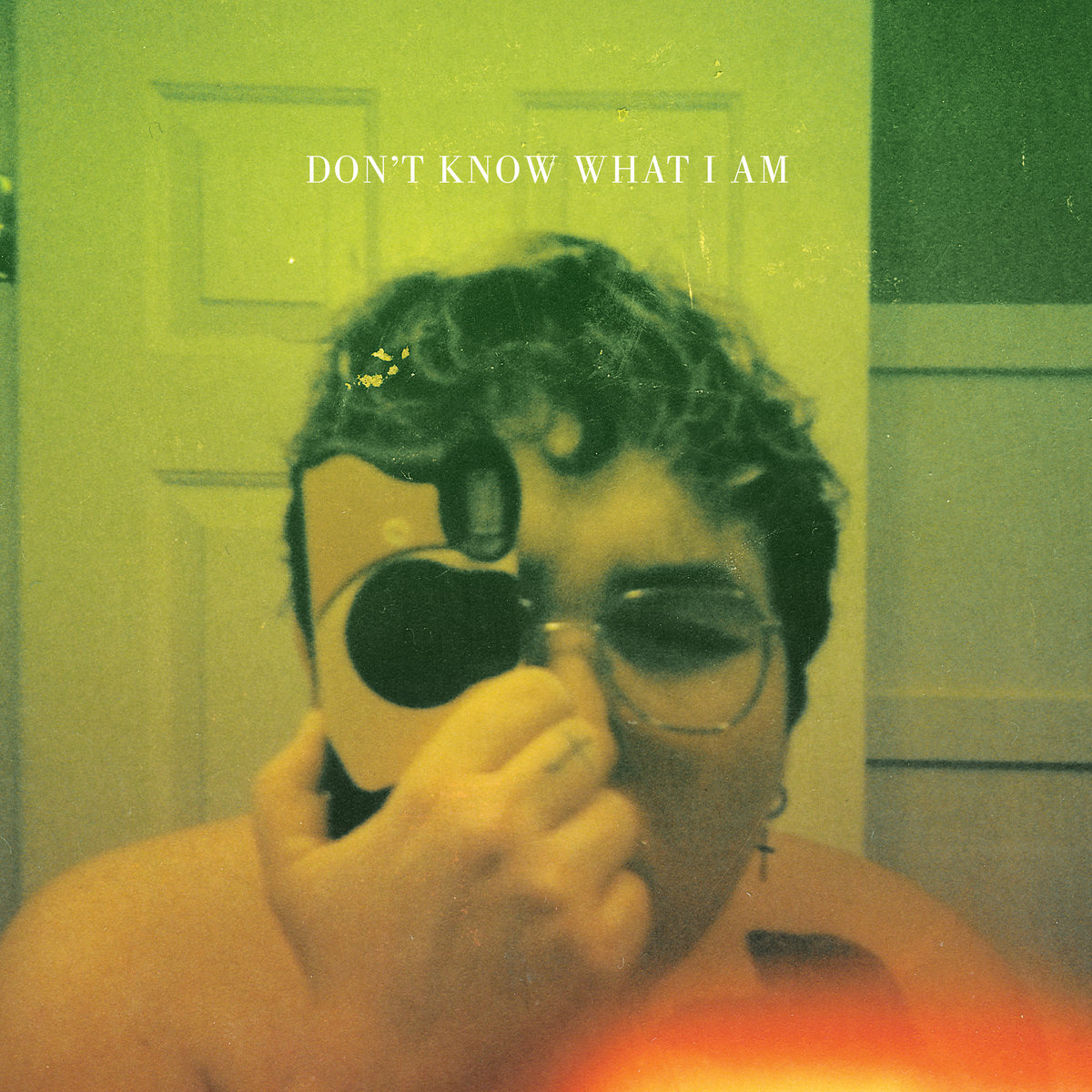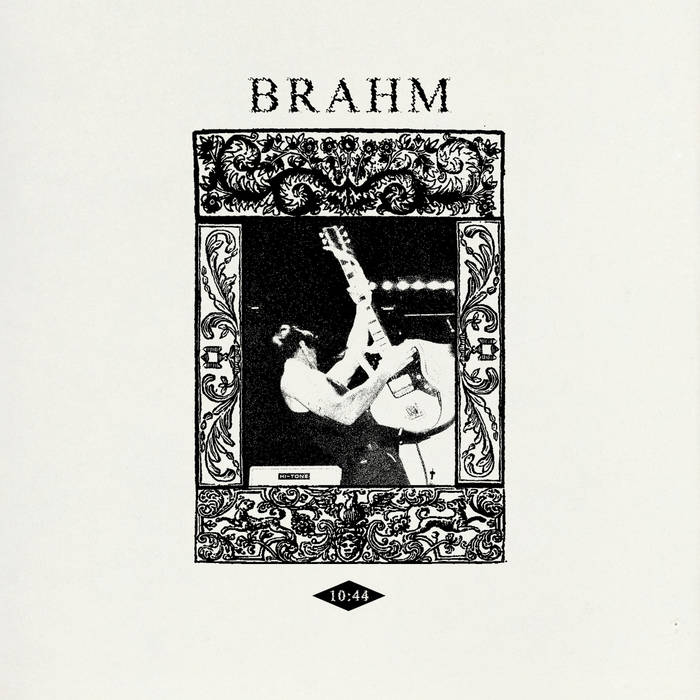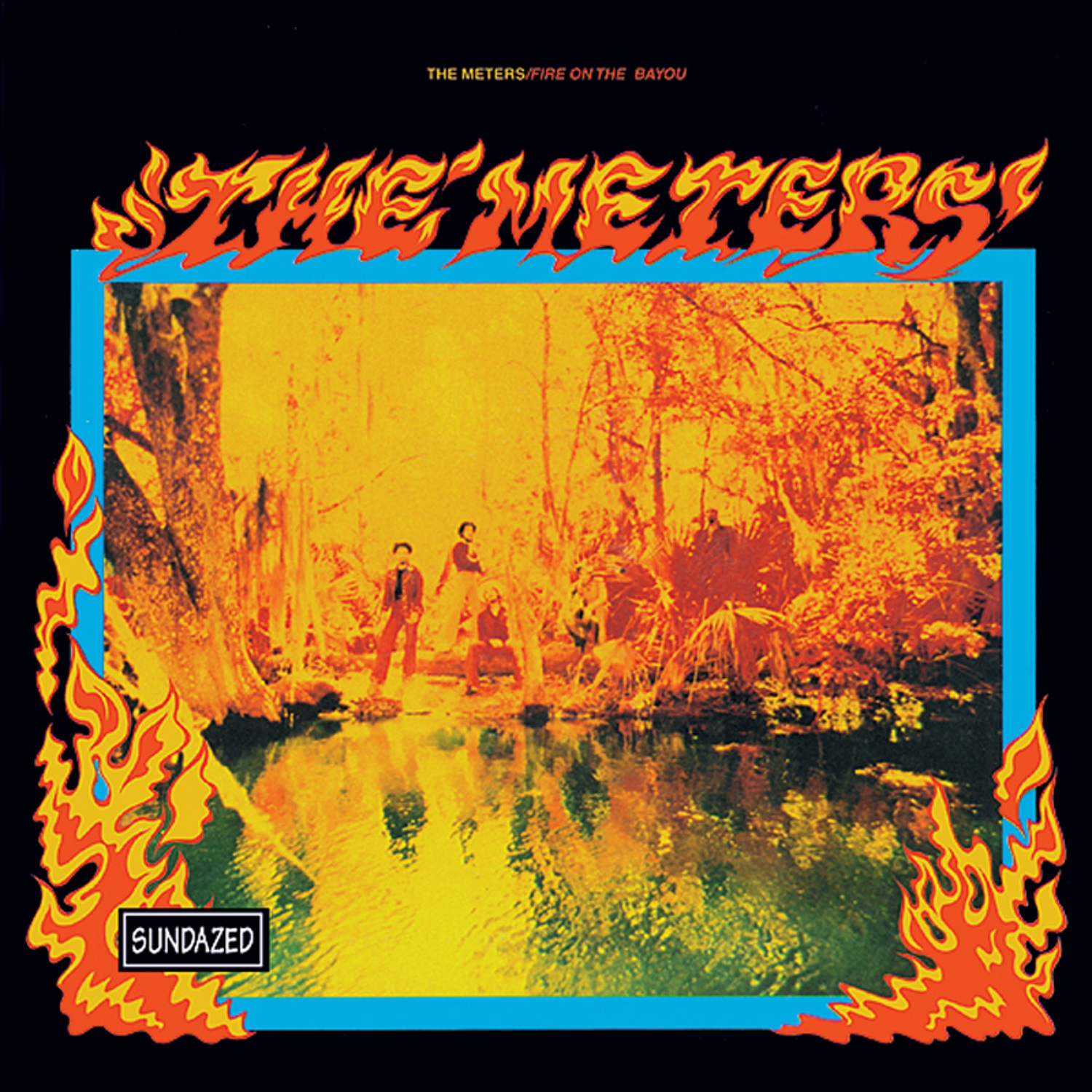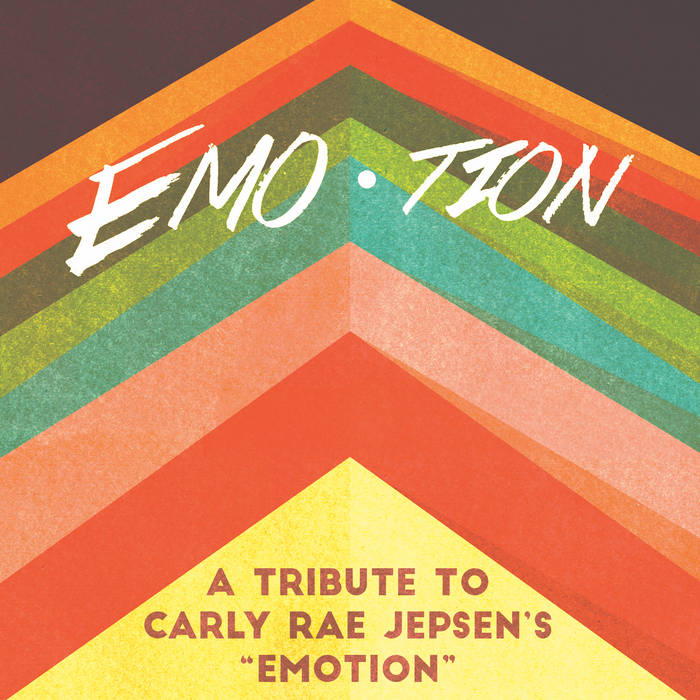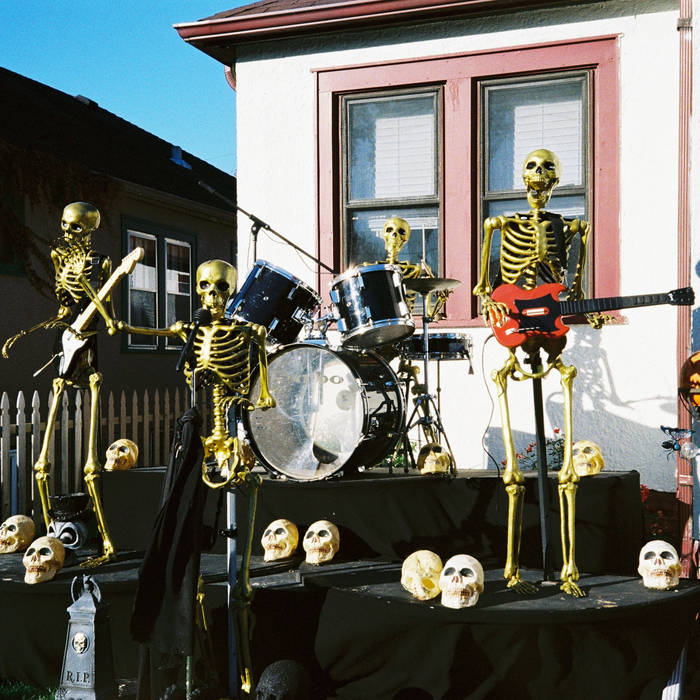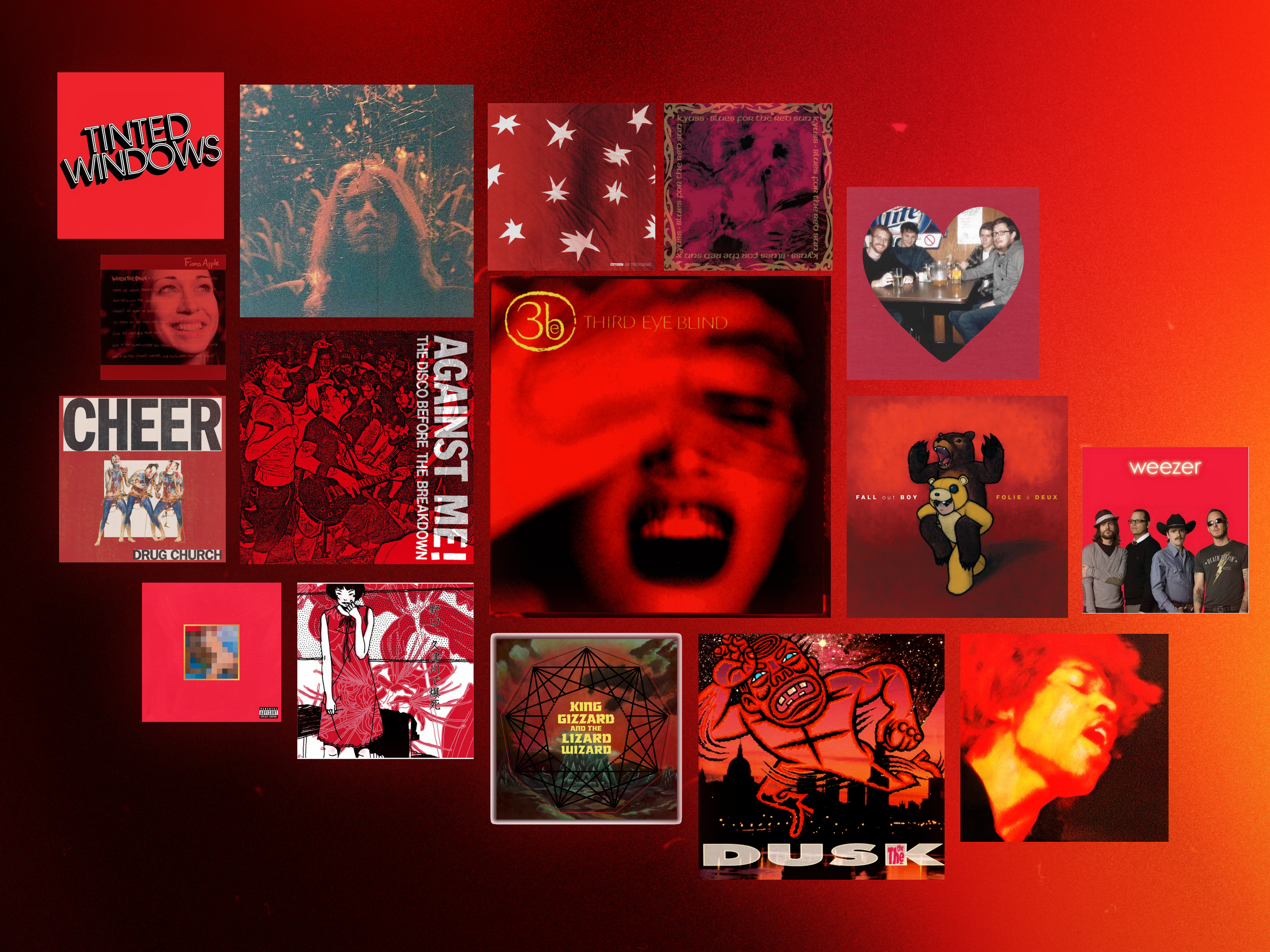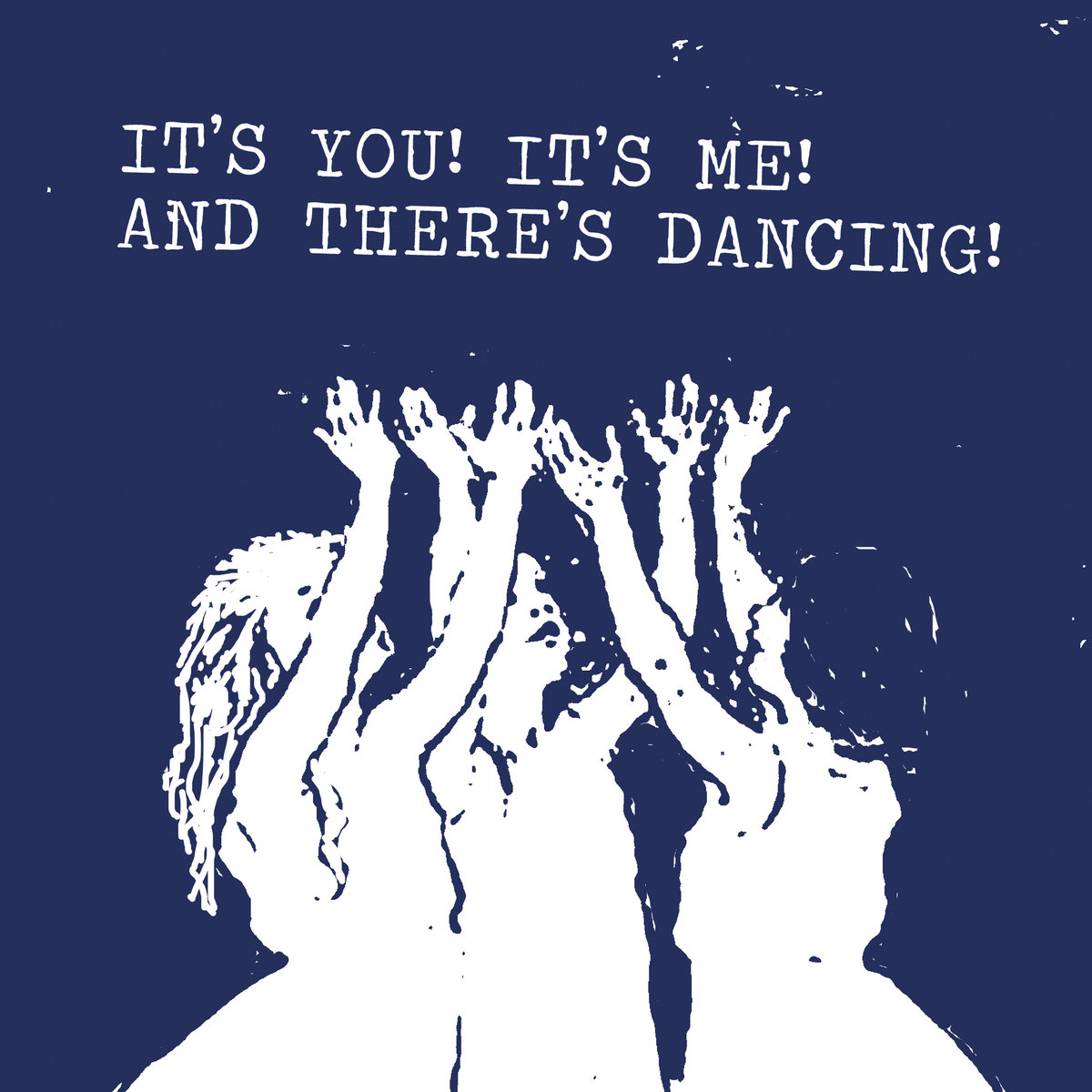Abacot – Songs About Problems | Album Review
/Abacot and Many Hats Distribution
It’s been almost three years, but I still remember where I was when I first heard Abacot’s EP Promo 2023. I had just hiked over a bridge for a mile in direct sunlight, and it was only getting hotter as I tried to get through my dreaded commute. I made the mistake of wearing a cloying polyester dress, and mosquitoes were tearing me up as I descended the endless Woodley Park-Zoo/Adams Morgan escalator. Ultimately, it was just a regular Tuesday in July. I waited for the train, squeezed in, and, naturally, the A.C. was out. I checked my phone while crammed between two businessmen and saw that Swim Into The Sound had reviewed a new EP from a band in the DMV, so I listened to the whole thing through the rest of my commute. I was late for work.
It’s been a couple of years and change since I was sweating it out on that train, and Abacot has returned with a follow-up to that EP today — Songs About Problems is here in all of its bright and bitter glory. For those out of the loop, Abacot is a project helmed by Claudio Benedi, the former frontman of D.C.’s beloved Commander Salamander. Abacot always feels like a true puzzle piece to understanding the larger regional rock sound: this album was produced and engineered by Ryland Heagy, and better yet, when they perform live, their shows are stacked with familiar faces from the world of DMV music (think Combat, think Origami Angel).
Songs About Problems picks up where Promo 2023 left off. While it still features the three songs from that initial EP (with some rerecording), the concentrated misery underpinning all of Promo 2023 is expanded into a rounder emotional release. Benedi totally recontextualizes the initial project – one born out of grief, betrayal, and banality – and transforms it into an examination of difficult personal growth after these dark moments have passed. Beyond the inimitable ear of Ryland Heagy, this album was mixed by Drew Portalatin, the mastermind behind Origami Angel’s mixtape The Brightest Days and Combat’s instant thrasher classic, Stay Golden. It was also mastered by Will Yip, fresh off his Grammy win for Turnstile’s NEVER ENOUGH —a combination that instantly pushes Songs About Problems into an echelon of undeniable ragers.
Sonically, Songs About Problems starts somewhere in 2001 or maybe 2003; I’m still debating the exact year, but it was definitely when you could buy checkered wristbands at Hot Topic, guys in emo bands wore collared shirts, and it was mandatory to spike your hair like Deryck Whibley. The lyrics of “Remember When” match this nostalgic sound as Benedi reflects on the distance between him and a former friend. What starts as something The Starting Line-adjacent switches up mid-song, and Benedi shows off his guitar prowess, a sound distinctly reminiscent of that early ‘20s emo sound he helped popularize, across the bridge.
The frustration of “Remember Me” softens into “One Way Street,” a daringly optimistic song. Benedi is a very talented musician, and one of his undeniable strengths is his ability to create absolute earworms. After just one listen to the chorus, I caught myself singing along to that helplessly catchy, “And I’m yours / are you mine?” on the second spin. The song chugs along, evoking a kind of Fountains of Wayne-style build before opening into “Check Engine Light” and “Vertigo” from Promo EP.
These songs have lived on my shelf and in my playlists for three years, and they are still just as electric as they were when I first listened to them on that Metro ride. I’ve thought about “Check Engine Light” every time I can’t get my car engine to turn over when it gets a bit too cold out. “Vertigo,” devastating yet unafraid to get a little King of the Hill-theme song with it, has been perpetually stuck in my head since the first time I heard Benedi sing “I see all your lies / I see through your disguise!”
After revisiting these tracks from the Promo EP, we have some songs that totally reorient the Abacot project from something wrought with nausea and exhaustion into a broader, more pop-bent with begrudging positivity. “Vertigo” launches into the anthemic, arena-rock “Show You,” molding Benedi’s shapeshifting agony into a single question: “I freed my heart / what about you?” On “Iridescent,” he flexes his Bowling For Soup-y humor over a song that could easily soundtrack a Tony Hawk Pro Skater game, and the synths on “Drifter” take the whole album to Saturn and back.
In Swim Into The Sound’s initial review, Taylor Grimes aptly diagnosed how “When people think of ‘emo music,’ they tend to think of sappy, tappy, whiny bullshit. That’s all well and good, but it’s SUMMER, and the people need something light, something they can sing along to with the windows down.” That’s what “Horror,” the third song from Promo EP, does. While the other two carryover songs are visceral in their anguish, “Horror” is hauntingly hopeful. Benedi soars into the song as he sings, “If we’re going to make it / I know we’re gonna make it to the end.”
“Horror,” in this new context, provides the perfect aerial arc for the album’s ending on the titular “Songs About Problems.” I wouldn’t call it a positive or even a helpful song, any more than I’d call this album particularly optimistic, but it’s honest and self-assured. Benedi doesn’t necessarily regret these difficult years, but that doesn’t mean that the outcomes don’t still hurt. Instead, he diffuses what frustrates him the most and recognizes it in others. We will get through this together.
I don’t live in D.C. anymore and no longer have to do that long commute, but for one day, I wish I could do it one more time, listening to Songs About Problems.
Caro Alt (she/her) is from New Orleans, Louisiana, and if she could be anyone in The Simpsons, she would be Milhouse.
